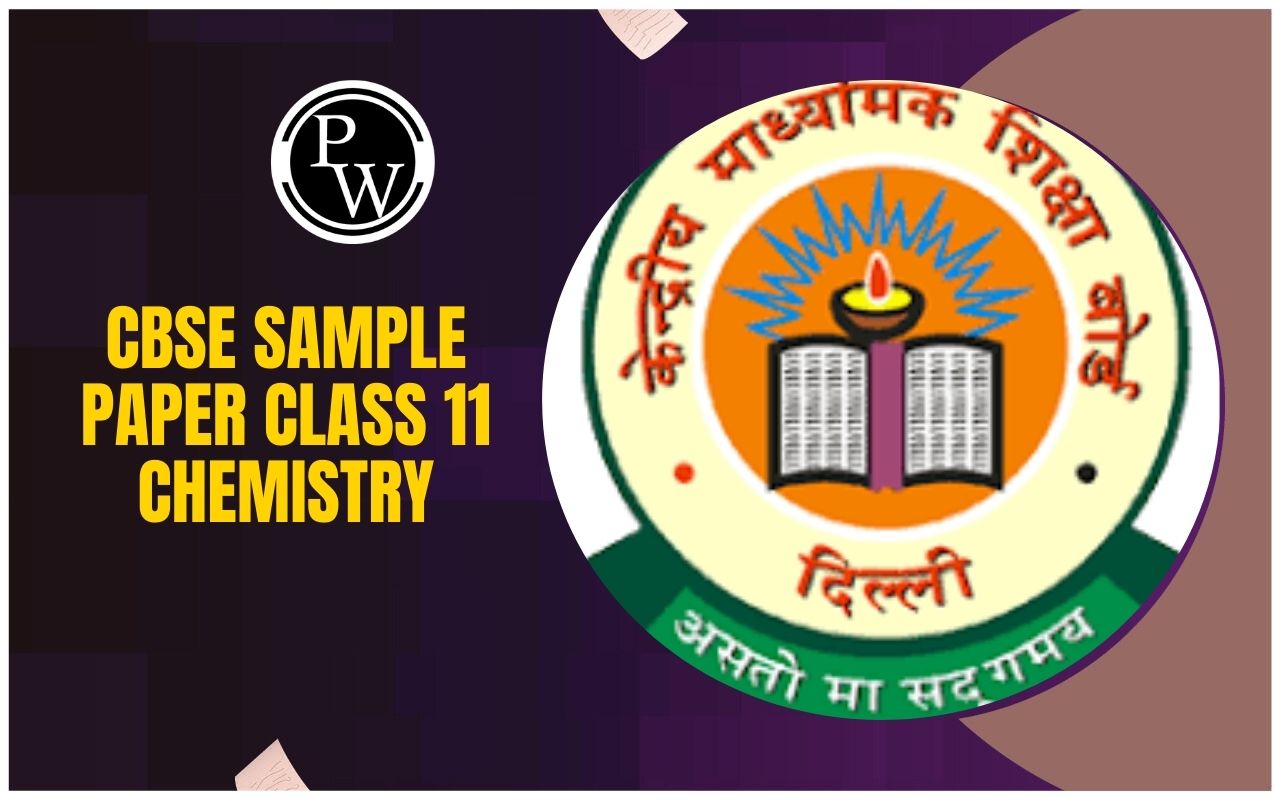
CBSE Class 11 Maths Notes Chapter 14: CBSE Class 11 Maths Notes Chapter 14 delves into the realm of Mathematical Reasoning, an essential aspect of problem-solving and logical thinking in mathematics.
This chapter aims to develop students ability to think logically and critically while analyzing mathematical statements and arguments. Mathematical reasoning involves identifying patterns, making conjectures, and formulating logical arguments to prove or disprove mathematical statements. By mastering mathematical reasoning, you'll improve your problem-solving skills and understand math concepts better.CBSE Class 11 Maths Notes Chapter 14 PDF
You can find the CBSE Class 11 Maths Notes Chapter 14 on Mathematical Reasoning in PDF format through the link provided below. This chapter helps you understand the basics of logical thinking in math. It covers topics like statements, logical operations, methods of proof, and how to apply mathematical reasoning. By using this PDF, you can learn how to analyze math statements, recognize patterns, and make logical conclusions, which will improve your problem-solving skills in math.CBSE Class 11 Maths Notes Chapter 14 PDF
CBSE Class 11 Maths Notes Chapter 14 Mathematical Reasoning
In CBSE Class 11 Maths Notes Chapter 14 on Mathematical Reasoning, you'll find solutions to various problems related to logical thinking and mathematical reasoning. This chapter helps you understand how to approach and solve problems using logical deductions, inference, and reasoning skills. It covers topics like propositional logic, mathematical statements, logical connectives, truth tables, and methods of proof. By studying these solutions, you'll develop a deeper understanding of logical reasoning and its applications in mathematics, which will enhance your problem-solving abilities.Basics
Inductive and deductive reasoning are two fundamental types of reasoning in mathematics.Inductive reasoning involves making generalizations based on specific observations or patterns. It starts with specific examples and then generalizes to broader conclusions. For example, if you observe that a series of numbers follows a certain pattern, you might use inductive reasoning to generalize that pattern to predict the next numbers in the series.
On the other hand, deductive reasoning involves deriving specific conclusions from general principles or premises. It starts with general principles or assumptions and then applies logical rules to reach specific conclusions. For example, if you know that all squares have four sides and you're given that a shape is a square, deductive reasoning allows you to conclude that it must have four sides. Both types of reasoning are essential in mathematics and are used in various problem-solving scenarios to derive new results and make logical arguments.Logic
The study of logic is indeed focused on the principles and rules that govern reasoning and argumentation. Logic provides us with a systematic framework for evaluating the validity of arguments and determining whether conclusions logically follow from premises. It helps us understand how to construct sound arguments and avoid common pitfalls in reasoning. In the context of theorem proof, logic plays a crucial role in ensuring the validity and rigor of mathematical arguments. By applying logical principles, mathematicians can construct and analyze proofs to establish the truth or validity of mathematical statements. In essence, logic serves as a foundational tool for mathematicians, providing them with the means to reason effectively and rigorously in their pursuit of mathematical truth.Statement (Proposition)
Open and Compound Statement
An open statement is one that contains variables, requiring specific values to be assigned to them in order to become a definitive statement.
When simple statements are combined using words like 'and', 'or', 'not', 'if', 'then', or 'if and only if', they form compound statements.
For instance:
- "That house has a pet which is either a dog or a cat" is a compound statement composed of two simple statements connected by 'or'.
- "The lake is blue and the grass is green" combines two simple statements with 'and'.
- Inclusive 'or': "To enter a country, we require a passport or a voter registration card."
- Exclusive 'or': "Two lines intersect at a point or are parallel."
Elementary Operation of Logic
CBSE Class 11 Maths Notes Chapter 14 FAQs
What is mathematical reasoning?
Mathematical reasoning involves using logical arguments and principles to analyze and solve mathematical problems. It includes understanding mathematical statements, quantifiers, implications, and valid reasoning methods.
Why is mathematical reasoning important?
Mathematical reasoning is essential for developing critical thinking skills, problem-solving abilities, and logical reasoning capabilities. It helps students understand the underlying principles of mathematics and apply them to various real-life situations.
What are quantifiers in mathematical reasoning?
Quantifiers, such as "for all" (∀) and "there exists" (∃), are used to specify the scope of mathematical statements. They indicate whether a statement applies to all elements in a set (universal quantifier) or if there exists at least one element in a set satisfying a certain property (existential quantifier).
How can I prepare for exams based on Chapter 14 of CBSE Class 11 Maths?
To prepare for exams, students should thoroughly study the concepts covered in Chapter 14, practice solving problems and exercises from their textbook and class notes, and review sample question papers and past exam papers to familiarize themselves with the exam pattern and question types.
🔥 Trending Blogs
Talk to a counsellorHave doubts? Our support team will be happy to assist you!

Check out these Related Articles
Free Learning Resources
PW Books
Notes (Class 10-12)
PW Study Materials
Notes (Class 6-9)
Ncert Solutions
Govt Exams
Class 6th to 12th Online Courses
Govt Job Exams Courses
UPSC Coaching
Defence Exam Coaching
Gate Exam Coaching
Other Exams
Know about Physics Wallah
Physics Wallah is an Indian edtech platform that provides accessible & comprehensive learning experiences to students from Class 6th to postgraduate level. We also provide extensive NCERT solutions, sample paper, NEET, JEE Mains, BITSAT previous year papers & more such resources to students. Physics Wallah also caters to over 3.5 million registered students and over 78 lakh+ Youtube subscribers with 4.8 rating on its app.
We Stand Out because
We provide students with intensive courses with India’s qualified & experienced faculties & mentors. PW strives to make the learning experience comprehensive and accessible for students of all sections of society. We believe in empowering every single student who couldn't dream of a good career in engineering and medical field earlier.
Our Key Focus Areas
Physics Wallah's main focus is to make the learning experience as economical as possible for all students. With our affordable courses like Lakshya, Udaan and Arjuna and many others, we have been able to provide a platform for lakhs of aspirants. From providing Chemistry, Maths, Physics formula to giving e-books of eminent authors like RD Sharma, RS Aggarwal and Lakhmir Singh, PW focuses on every single student's need for preparation.
What Makes Us Different
Physics Wallah strives to develop a comprehensive pedagogical structure for students, where they get a state-of-the-art learning experience with study material and resources. Apart from catering students preparing for JEE Mains and NEET, PW also provides study material for each state board like Uttar Pradesh, Bihar, and others
Copyright © 2026 Physicswallah Limited All rights reserved.








